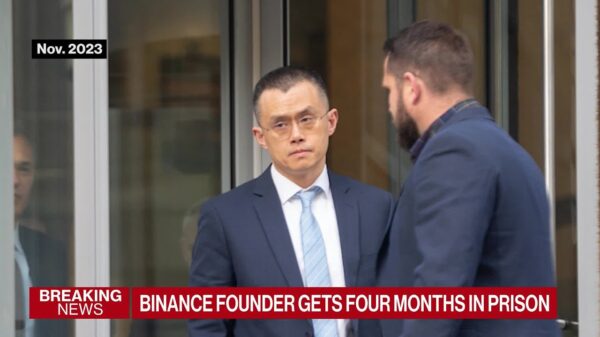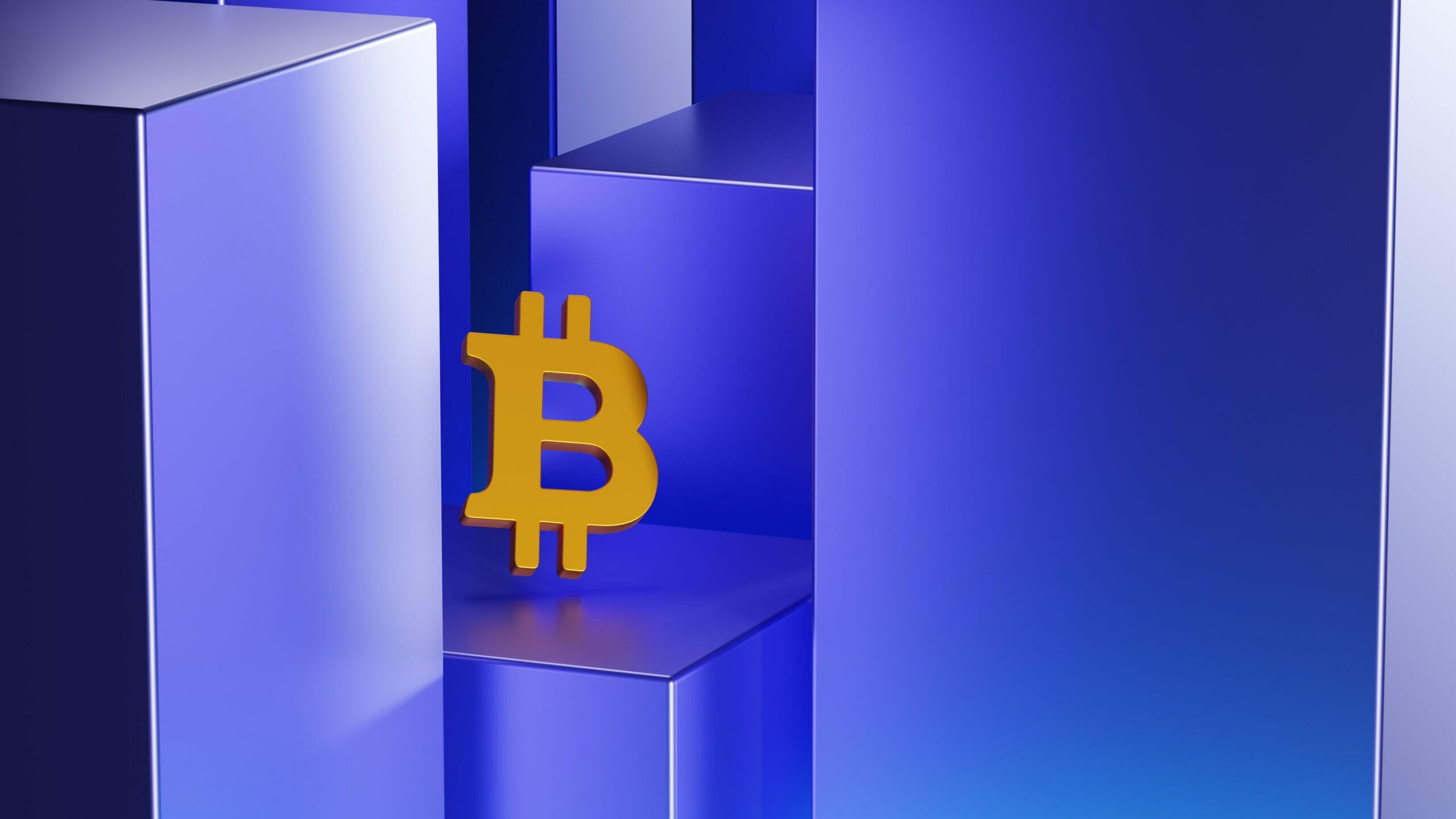In the ever-evolving landscape of technology, the convergence of the Internet of Things (IoT) and Decentralized Autonomous Organizations (DAOs) stands as a beacon of innovation. As IoT devices become active participants in DAO decision-making, automation and efficiency surge.
In a world where DAOs and Bitcoin play pivotal roles, platforms such as ainutoken.net offer a window into the possibilities of cryptocurrency trading.
Bitcoin’s Role in Advancing DAOs
In the ever-evolving landscape of technology and business, Bitcoin has emerged as a significant player, not only in the realm of digital currency but also in the advancement of innovative concepts like Decentralized Autonomous Organizations (DAOs). DAOs represent a paradigm shift in how organizations operate, removing traditional hierarchies and placing decision-making power in the hands of a decentralized community.
At its core, Bitcoin is a decentralized digital currency that operates on a blockchain – a distributed ledger technology. This underlying technology forms the foundation for many DAOs by providing a secure and transparent platform for recording transactions and interactions.
One of the key ways Bitcoin advances DAOs is through its role as a native currency within these decentralized structures. In a DAO, decisions are often made collectively by participants who hold a stake in the organization. This stake can be represented by tokens, and Bitcoin can serve as a valuable medium of exchange for acquiring these tokens.
Furthermore, Bitcoin’s blockchain technology addresses a critical aspect of DAOs – governance. Governance within a DAO involves decision-making processes, such as proposing and voting on changes to the organization’s protocols. Bitcoin’s consensus mechanism, Proof of Work (PoW), provides a proven method for achieving agreement among participants in a trustless manner. This mechanism can be adapted and tailored to suit the governance needs of DAOs, ensuring that decisions are made fairly and transparently.
The transparency and immutability of Bitcoin’s blockchain also contribute to the auditability of DAO transactions and operations. This feature is particularly crucial in building trust among participants. As DAOs handle assets and engage in various activities, participants can easily verify the movement of funds and the execution of smart contracts through the public ledger.
Bitcoin’s history as the first successful application of blockchain technology has also led to a wealth of knowledge and experience that can be harnessed to build and improve DAOs. Lessons learned from Bitcoin’s development, including scalability solutions, security measures, and network upgrades, can inform the evolution of DAO platforms.
The Convergence of IoT and DAOs
In the era of technological advancement, two groundbreaking concepts have captured the imagination of innovators and futurists alike: the Internet of Things (IoT) and Decentralized Autonomous Organizations (DAOs). Both of these concepts are disruptive on their own, but when they converge, they hold the potential to revolutionize industries and reshape how we perceive and interact with technology.
At its core, IoT refers to the interconnection of everyday objects and devices to the internet, enabling them to collect and exchange data. This connectivity extends beyond computers and smartphones to encompass a wide array of objects, from household appliances to industrial machinery.
Imagine a scenario where IoT devices not only collect and transmit data but also participate in decision-making processes within a DAO. This introduces a level of automation and autonomy previously unattainable. For instance, in a supply chain DAO, IoT sensors embedded in products can track their journey from manufacturer to consumer. These sensors can trigger smart contracts within the DAO, automatically verifying the completion of certain milestones and facilitating the release of payments or resources.
Furthermore, the combination of IoT and DAOs can lead to innovative use cases in various industries. In agriculture, for example, smart sensors can monitor soil conditions, weather patterns, and crop health. This data can then be utilized by a DAO consisting of farmers, distributors, and consumers to make collective decisions about planting, harvesting, and distribution.
Security and trust are paramount when IoT devices are involved in sensitive operations. DAOs, with their decentralized and transparent nature, can address these concerns. Through DAO-based consensus mechanisms, IoT devices can participate in decision-making without compromising the integrity of the network.
However, the convergence of IoT and DAOs also presents challenges. The sheer volume of data generated by IoT devices can strain blockchain networks, leading to scalability issues. Solutions like sharding and layer 2 protocols will need to be explored to accommodate this influx of data. Moreover, ensuring the security of IoT devices is crucial, as compromised devices could potentially manipulate DAO processes or expose sensitive information.
Conclusion
The integration of IoT and DAOs opens a portal to a new era of interconnected autonomy. While obstacles persist, the potential to streamline operations and reimagine industries is profound. The collaboration between IoT’s data-rich universe and DAO’s decentralized governance paints a vivid picture of a future where innovation knows no bounds.













































